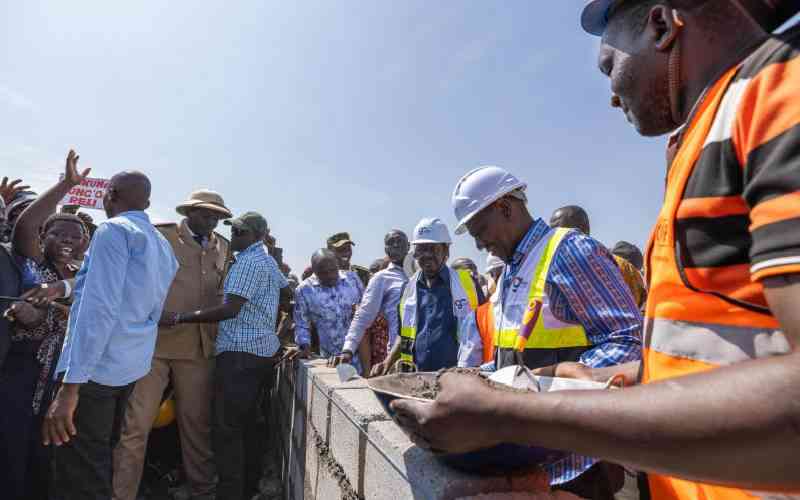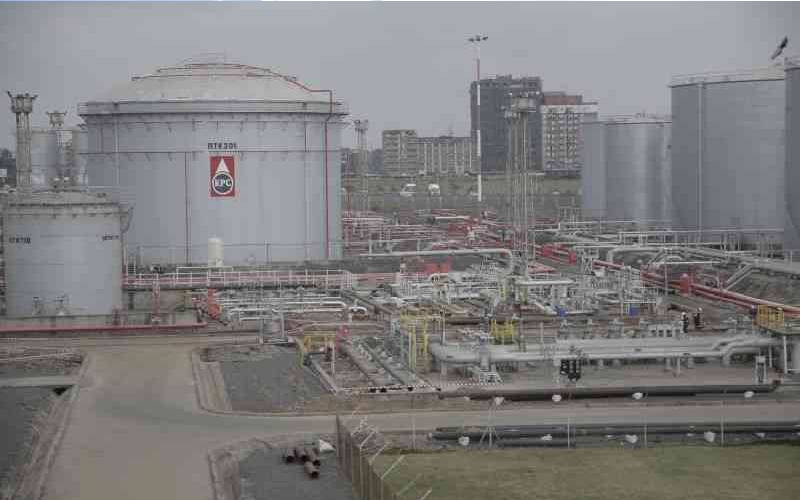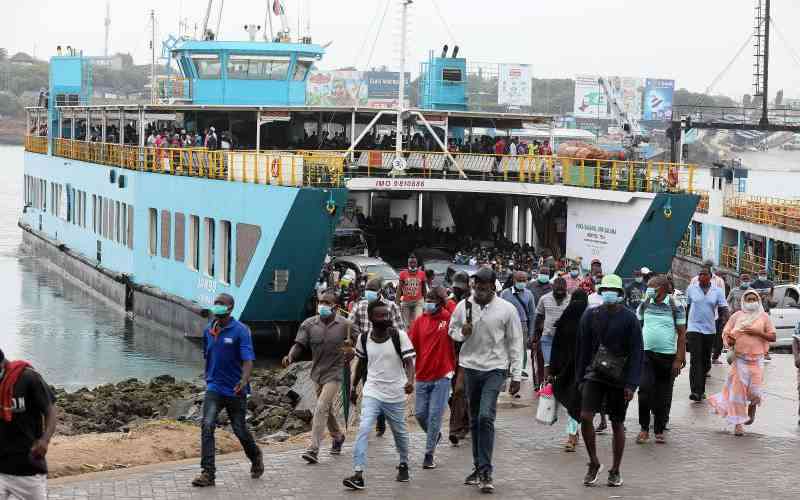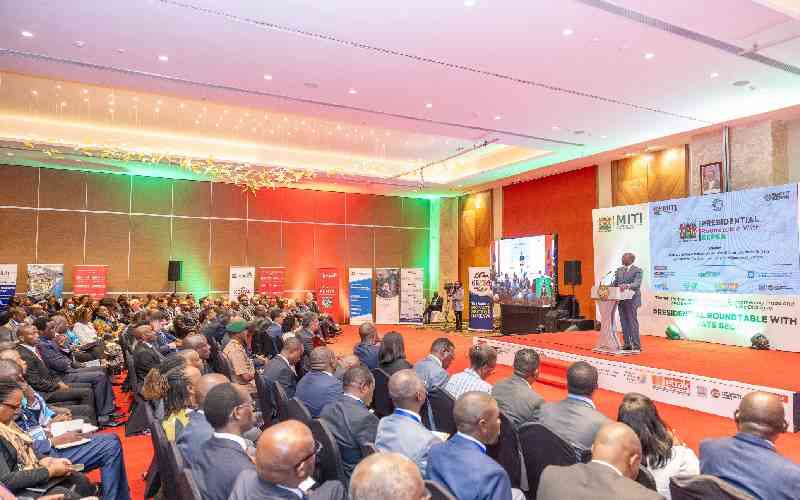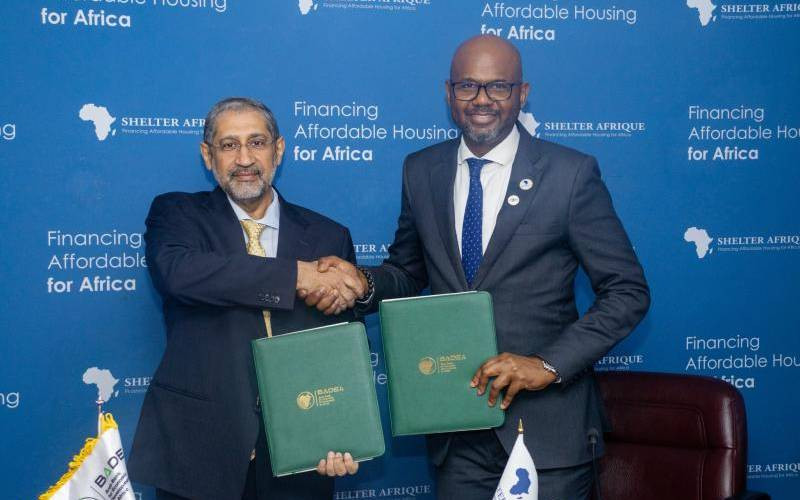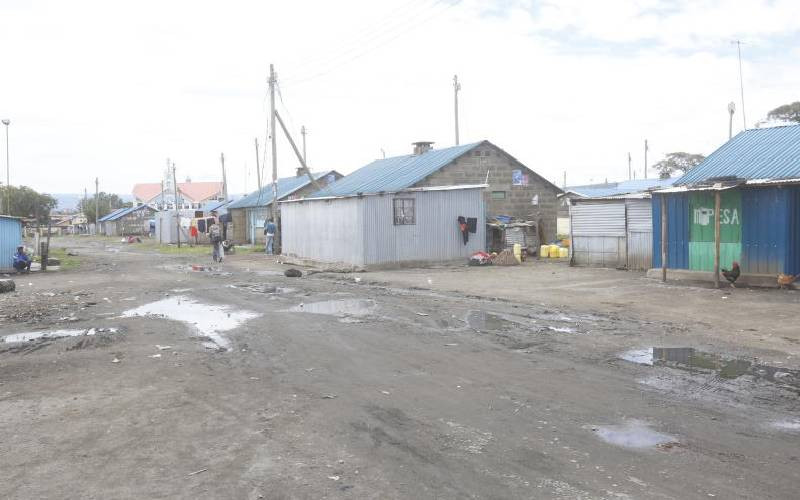
A father’s role is instrumental in the development of a child, influencing their self-esteem, social skills, and overall wellbeing. It’s important to note that the definition of a father is not limited to biological or legal ties, but can equally refer to individuals who fulfil the nurturing and caregiving roles typically associated with fatherhood — such as stepfathers or adoptive fathers. To reduce fatherhood to merely the male role in the act of human creation would be nothing short of a disservice.
It is often said that all men are created equal, and indeed every man attains the title of ‘father’ in the very same way. However, that equality ends the moment he first holds his newborn. From that point on, fatherhood begins — and everything done or said from that moment forward is recorded in the mind of the child, profoundly shaping their development.
Yet, if we are to go by the current state of our society, an alarming pattern is emerging: the father is consistently absent. Mothers have boldly stepped in to fill the gap left behind, taking on roles traditionally associated with fatherhood. It is only fair to ask — where has the father gone?
Today, many fathers are not actively engaged in the upbringing of their children. Fatherlessness has become disturbingly normalised. While some absences can be justified — such as through death — our concern lies with the fathers who are still alive, but have effectively gone missing when it comes to the growth and development of their children.
The sobering statistics on absent fathers are rarely discussed, yet they lie at the root of many societal issues. A father’s influence — whether positive or negative — is multi-generational. The consequences of a fatherless society will continue to reverberate for years. Many of the social ills we face today are directly or indirectly linked to this growing crisis. The presence of a father cannot simply be dismissed. Beyond provision and protection, a father also plays a vital role in instilling discipline, offering validation and affirmation, and providing stability — not just to the family unit, but to society as a whole.
We need our fathers. We need actively engaged fathers. A better tomorrow depends on them. Mothers can lead by celebrating the efforts of involved fathers, while society must create a supportive environment that empowers men to confidently step into their roles. Let’s acknowledge that fatherhood hasn’t been easy. Fathers have long been an endangered species. History reminds us — one decree from a king and all Hebrew boys were ordered to be executed.
We are making commendable strides with the girl-child, and rightfully so. But can we also direct some effort towards strengthening and uplifting our boys? After all, today’s boy will become tomorrow’s father. Let’s ease the societal pressure placed on men. Let’s stop telling them that crying is weakness, or that they can never afford to be vulnerable. Men have emotions too. They face trauma, struggles, and deserve the space to process and heal.
Let us challenge the culture of low expectations for fatherhood, and instead foster a society where fathers know their worth and identity. If a father is not satisfied with the man he sees in the mirror, let him take heart — fatherhood is a lifelong journey, and progress, not perfection, is what matters most. The expectations around fatherhood are not cast in stone. It is not about being flawless — it’s about being present, and making continuous efforts.
Ms Muthoni is an Administrative Assistant.
